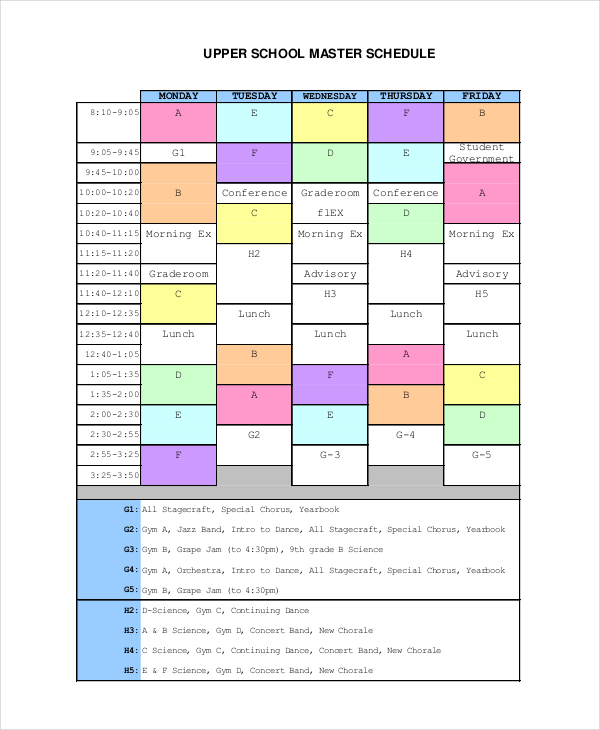

- #Scriptcase master detail calendar form manual#
- #Scriptcase master detail calendar form software#
- #Scriptcase master detail calendar form code#

Specifically, IDE for the front-end and back end is a self-sufficient package manager that renders compiling, writing, debugging, and executing codes in that same space.
#Scriptcase master detail calendar form code#
It seems that when writing the code in a text editor has turned out to be a crucial skill, there are still some baffling aspects that make it distinct elements. IDE and Code Editors: The Differenceĭue to a few similar features in IDE and Code Editors, it becomes necessary to state the vital differences between them.
#Scriptcase master detail calendar form software#
Numerous contemporary IDEs have an object browser, a class browser, and class hierarchy illustration for usage in object based software development. Also, at times a version control method or a variety of tools makes simpler the structure of a graphical user interface application. The border between other parts and IDE of a wide development environment is not clearly defined. For CodeIgniter development, let us understand in detail which IDE is the best one for this technology. To achieve the objectives, it is essential that the PHP developers must select the right IDE. PHP CodeIgniter provides numerous functionalities and toolsets to facilitate developers for building web solutions with minimal exertion. In order to have scalable web development, writing apt code is a vital skill that every developer must acquire. The fundamental obligation in many fields is to write code in the given time to stay competitive. To maintain high-quality code, the best IDE for CodeIgniter must be employed. If we talk about CodeIgniter, it is extensively used as a framework for robust web application development. PHP development has attracted the advancement of several frameworks like CakePHP, CodeIgniter, Symfony, Yii, Laravel to name a few. With the emergence of new scripting languages every year, usage statistics of PHP for websites depicts its popularity. $number = “This variable stores a number” įor more information, visit the php variables.The globe is rapidly moving in the direction of digitalization and building a secure, robust, and scalable web is the ultimate solution to match this pace.

A valid variable name begins with a letter or underscore, followed by any number of letters, numbers, or underscores.īelow we can see some examples of local variables: Variable names follow the same rules as other labels in PHP. These variables will only work in events or methods, using a variable in an event it will make it only available in that event. These variables must be set using a $ dollar sign at the beginning and the variable names are case-sensitive. Local variables are basically PHP’s own variables. Reports where the variable was declared by the developer. Type: This option defines whether the variable will be input or output. In Value we can see some options and configurations of our variable. In Attributes we can see the variables in our application. In this configuration screen we have the following configuration options: Attribute: To change the variable type, go to the menu Application> Global Variables.Īfter clicking on this menu will show the variables in the application and its settings. To pass values between applications, it is necessary to define the same variable in the applications that will use them, however, in the source application the variable must be defined as Output and in the destination application must be defined as Input. = “This global has a number stored in it” Passing values between applications = “This global has a text stored in it” To define a global variable, you only have to enter it in between brackets, for example:
#Scriptcase master detail calendar form manual#
Unlike the local and field variables, Global variables can be used in the SQL of the applications that allows the manual to be changed, and in the WHERE Clause of the Form application, thus enabling a dynamic use of the applications. These variables can be used at any application event. These are variables that are stored in the application session, these variables can be used to pass parameters through the applications in the project. = 100 Global Variables (Session Variables) To assign the field value to a local variable to be used within an event, we can perform the steps as below: In the examples below it’s possible to visualize the operation of the fields. These fields can be used at Scriptcase events, but will not work from the onScriptInit event because only the events after that will have values in the fields. In Scriptcase the fields are internally treated as local variables PHP, however, at Scriptcase interface it’s necessary to inform these, using keys, so it’s possible to retrieve or assign values to the application fields.


 0 kommentar(er)
0 kommentar(er)
